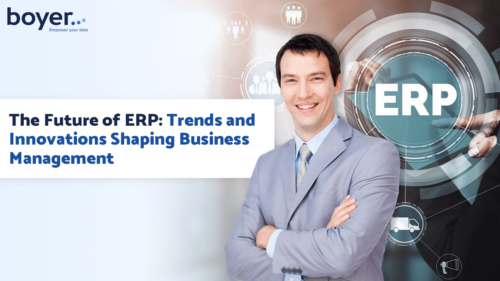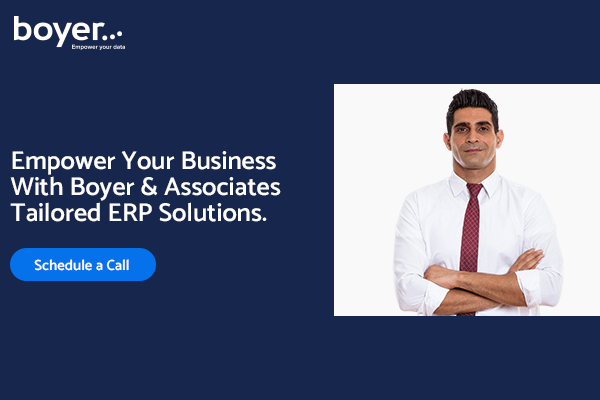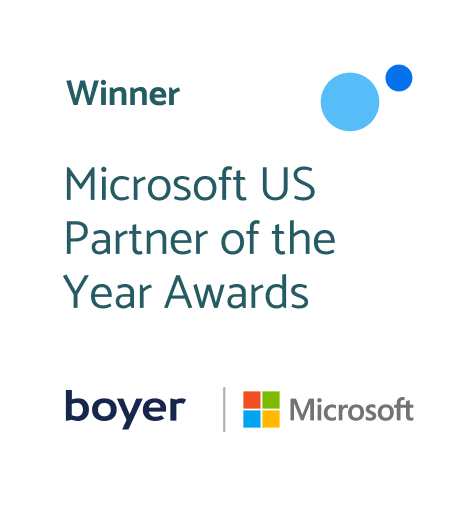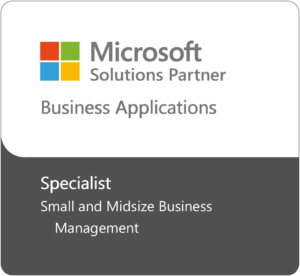Imagine managing a business where every piece of the puzzle fits perfectly, from finance to HR to supply chain management. That’s the power of Enterprise Resource Planning (ERP) systems. As your organization grows and evolves, the complexity of your processes will inevitably increase, making a robust ERP system not just helpful but essential.
Staying informed about the future trends in ERP can give your business the edge it needs to thrive. This blog post will explore how ERP systems are not just keeping up but are at the forefront of business innovation, helping leaders make smarter, more informed decisions.
Boyer & Associates is here to prepare your business for a brighter, more efficient future. Let’s transform your business operations with the best that ERP has to offer.
Evolution of ERP Systems
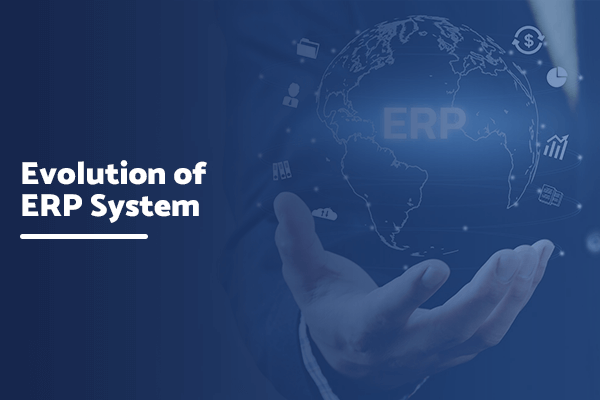
Material Requirements Planning (MRP)
Material Requirements Planning (MRP) was developed in the 1960s as a way to manage manufacturing processes. It used computer-based systems to ensure the availability of materials and products, schedule production processes, and manage inventory levels.
MRP systems helped manufacturers maintain low inventory levels and manage manufacturing processes. By scheduling the production of different components and materials at the right time, the process was made more efficient.
Manufacturing Resource Planning (MRP II)
Building on the foundation of MRP, Manufacturing Resource Planning (MRP II) emerged in the 1980s. MRP II expanded beyond inventory management to include additional manufacturing processes such as labor and machine scheduling.
This broader system aimed to integrate all aspects of the manufacturing process, providing a holistic view that included not only inventory but also workforce and production scheduling. MRP II systems were more complex and capable, offering features like demand forecasting, maintenance management, and financial integration.
Enterprise Resource Planning (ERP)
As technology evolved and business needs grew more complex, MRP II systems evolved into ERP systems in the late 1980s and early 1990s. ERP systems extended the integration beyond manufacturing to other core business functions such as finance, HR, sales, and distribution.
The goal of ERP systems is to facilitate the flow of information between all business functions inside the boundaries of the organization and manage the connections to outside stakeholders. ERP systems provide a single source of truth, ensuring consistency and visibility across the enterprise.
Enterprise Resource Planning (ERP II)
The latest stage in the evolution of these systems is ERP II, which emerged in the early 2000s. ERP II extends the capabilities of traditional ERP systems into broader business activities and external collaborations. These systems are designed to operate beyond the internal focus of traditional ERP, facilitating greater collaboration and data exchange among businesses and their partners, suppliers, and customers.
ERP II supports e-business, web-based applications, and services. It integrates advanced technologies like CRM (Customer Relationship Management), SCM (Supply Chain Management), and BI (Business Intelligence) to enable more strategic decision-making and enhanced efficiency across global operations.
Current Trends in ERP Systems
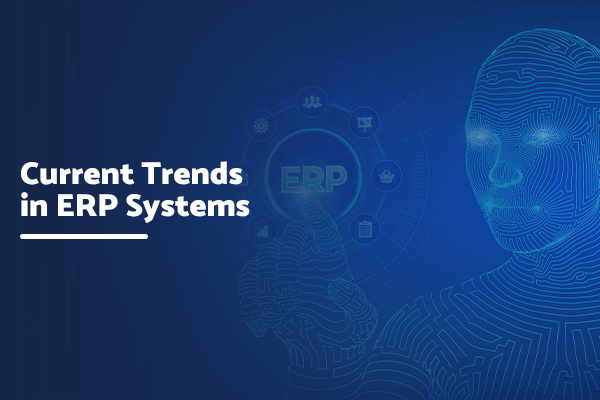
Stay up to date with current ERP trends to maximize the benefits for your business.
Cloud-based ERP Solutions
Cloud computing has revolutionized ERP systems by making them more accessible, scalable, and cost-effective. Cloud-based ERP solutions eliminate the need for extensive on-premise infrastructure, reducing capital expenditures and IT overhead.
These systems offer flexibility in scaling up or down based on business needs. They facilitate easier and more frequent updates and upgrades without disrupting the user experience. Additionally, cloud ERP provides enhanced security measures, disaster recovery options, and anytime, anywhere access to business data. This is particularly beneficial for businesses with multiple locations or remote teams.
Mobile ERP Applications
As mobile viewing becomes more paramount, ERP vendors are increasingly developing applications that are accessible on smartphones and tablets. This enables employees to access real-time data, perform transactions, and manage business operations from anywhere, which is invaluable for sales teams, field service technicians, and other remote workers.
Mobile ERP apps improve operational efficiency and decision-making speed, as data entry and retrieval can be done on the go, reducing downtime and increasing productivity.
Integration with IoT
The Internet of Things (IoT) has begun to play a pivotal role in enhancing ERP system functionalities. By integrating IoT devices with ERP systems, businesses can automate data collection from various sources. These include sensors on manufacturing equipment, RFID tags in inventory management, or trackers in supply chain logistics.
This integration provides real-time data analytics, enabling more accurate forecasting, proactive maintenance, and improved inventory management. It allows businesses to optimize operations, reduce costs, and enhance customer satisfaction through more responsive service and better product availability.
Artificial Intelligence and Machine Learning
Artificial intelligence (AI) and machine learning (ML) are transforming ERP systems into more intelligent and proactive tools. AI enhances decision-making through predictive analytics, which can forecast market trends, customer behavior, and potential supply chain disruptions.
Machine learning algorithms improve over time, learning from data to optimize inventory management, financial operations, and customer service. For example, AI can automate routine tasks such as data entry and invoice processing, allowing employees to focus on more strategic activities.
Blockchain for Enhanced Security and Transparency
Blockchain technology is increasingly being integrated into ERP systems to bolster security and transparency, particularly in supply chain management and financial transactions. By creating a decentralized and immutable ledger, blockchain ensures that all entries are secure and verifiable, reducing the risks of fraud and data tampering.
In supply chains, blockchain can track the provenance of goods from origin to consumer, ensuring authenticity and compliance with regulations.
Advanced-Data Analytics and Big Data
ERP systems are incorporating advanced data analytics capabilities to handle and interpret large volumes of data—big data—from various sources. This integration allows businesses to gain deeper insights into operations, customer preferences, and market conditions.
Advanced analytics tools can provide comprehensive reporting and visualization capabilities, making it easier for managers to make informed decisions quickly. This data-driven approach helps identify patterns, predict outcomes, and formulate strategies that align with business objectives.
Challenges and Considerations
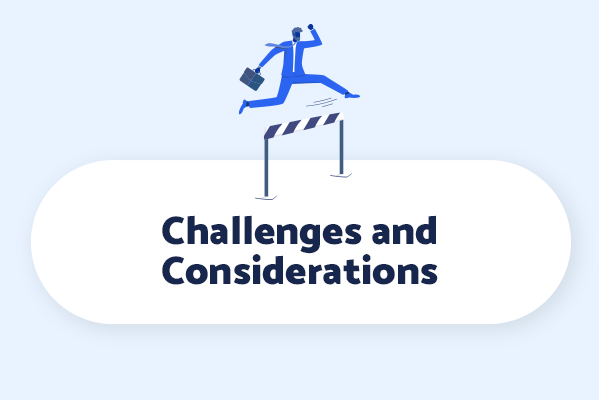
While the adoption of advanced ERP systems brings significant benefits, it also presents a set of challenges and considerations that organizations must navigate. Understanding these issues is crucial for the successful implementation and long-term use of ERP systems.
Technological Complexity and Integration Issues
One of the primary challenges in deploying new ERP systems is the technological complexity involved, especially when integrating with existing infrastructure. Organizations often face difficulties in ensuring compatibility between new ERP solutions and their legacy systems, which can lead to data silos and operational inefficiencies.
The integration process requires careful planning and execution to ensure seamless data flow and functionality across all business units.
Cost of Implementation and Maintenance
The financial investment required for ERP implementation can be substantial. Beyond the initial costs of software and hardware, significant resources must be allocated to training, system testing, data migration, and post-implementation support.
Moreover, ERP systems require ongoing maintenance and updates, which can add to the total cost of ownership. Organizations need to assess their budget and resource availability carefully to ensure they can sustain these expenses over the long term.
Change Management
Implementing an ERP system often necessitates changes in existing business processes and workflows, which can be met with resistance from employees. Effective change management is essential to address these human factors, ensuring staff buy-in and proper training. Organizations must communicate the benefits of the new system effectively and provide adequate support to help employees make the transition.
Data Security and Privacy
With ERP systems centralizing a vast amount of sensitive data, ensuring data security and privacy becomes paramount. The risk of data breaches and cyber-attacks requires robust security measures.
Organizations must adhere to best practices in data security and comply with relevant regulations to protect their information and maintain customer trust.
Scalability and Flexibility
As businesses grow and evolve, so too must their ERP systems. Choosing an ERP solution that can scale and adapt to changing business needs is crucial.
Organizations should consider future growth and potential changes in their industry when selecting an ERP system. Ensure it can accommodate new processes, additional users, and expansion into new markets without requiring extensive modifications.
Vendor Reliability and Support
The choice of ERP vendor is critical, as it affects the quality of the software, the level of customer support provided, and the ease of future updates. Organizations should carefully evaluate potential vendors for their reliability, support services, and ability to keep pace with technological advancements.
Long-term vendor support is essential for troubleshooting, updates, and adapting the system to new business requirements.
How will ERP shape the future of Supply Chain Management?
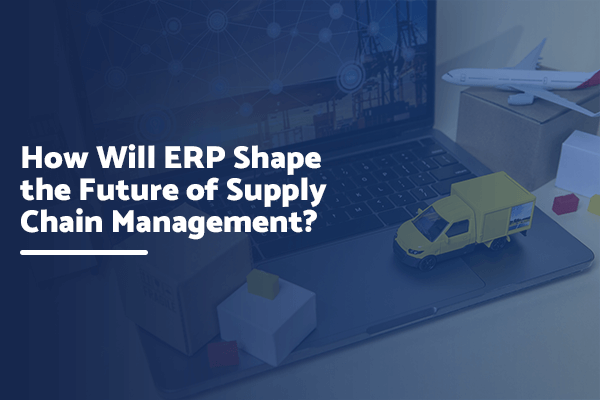
- Real-Time Data Integration: Enhanced visibility across the entire supply chain, allowing for better monitoring and decision-making.
- Predictive Analytics: Use of advanced analytics and machine learning to forecast supply chain disruptions and optimize inventory management.
- Increased Automation: Automation of routine tasks like order processing and inventory management to boost efficiency and accuracy.
- Improved Collaboration: Cloud-based ERP systems facilitate seamless communication and collaboration across all supply chain stakeholders.
- Sustainability Focus: ERP systems will support sustainable practices by tracking and managing the environmental impact of supply chain operations.
- IoT and Blockchain Integration: Real-time tracking with IoT and enhanced security and transparency with blockchain technology.
- Customization and Scalability: ERP systems will be highly adaptable to meet specific industry needs and scalable to respond to market changes.
What is the impact of ERP on the effectiveness of Business Process Management?
ERP systems significantly enhance the effectiveness of business process management (BPM) by integrating various business functions into a unified platform. This centralization facilitates consistent and real-time data access across departments, reducing information silos and improving decision-making accuracy.
ERP systems streamline operations by automating routine tasks, standardizing processes, and enabling more efficient resource allocation. Additionally, they offer robust analytics tools that provide insights for optimizing workflows and predicting future trends. This increases overall operational efficiency and agility in responding to market changes.
Frequently Asked Questions

- How can ERP systems help with business scalability?
ERP systems support business scalability by providing tools that adjust to increased operational demands. These tools help businesses manage growth smoothly without compromising on performance or efficiency.
- What are the benefits of cloud-based ERP over on-premise ERP?
Cloud-based ERP offers scalability, lower upfront costs, remote accessibility, and automatic updates, making it ideal for businesses seeking flexibility and reduced IT maintenance.
- Can ERP systems integrate with other business software?
Yes, modern ERP systems are designed to integrate seamlessly with various business software, including CRM systems, e-commerce platforms, and specialized industry applications, enhancing data consistency and workflow efficiency.
- What role does AI play in modern ERP systems?
AI in ERP systems automates routine tasks, provides predictive analytics for better decision-making, and enhances customer service through intelligent automation and data-driven insights.
- How do ERP systems enhance data security?
ERP systems improve data security through centralized data management, role-based access controls, audit trails, and compliance with international data protection regulations. This ensures sensitive business information is securely managed and monitored.
Choose a Top ERP Solutions Partner
Remember that staying ahead in your industry requires not just understanding the latest technologies but fully integrating them into your business strategies. ERP systems are at the heart of this integration, offering a clear path to enhanced efficiency, improved decision-making, and ultimately, a competitive edge.
Adopting and adapting to the future trends in ERP can seem daunting, but you don’t have to do it alone. At Boyer & Associates, we specialize in aligning cutting-edge ERP systems with your unique business needs to drive efficiency and growth. Connect with us today to discover how our expertise can streamline your operations and empower your decision-making. Let’s build a smarter, more connected business together.


